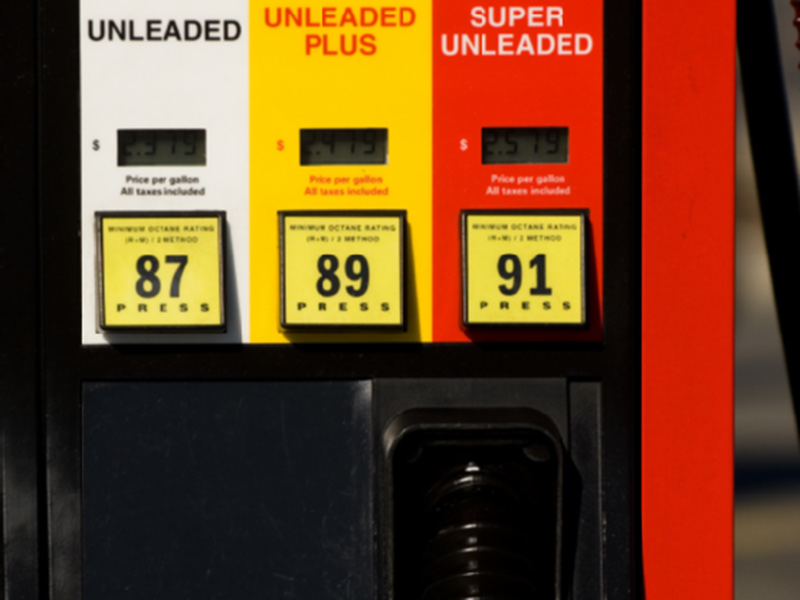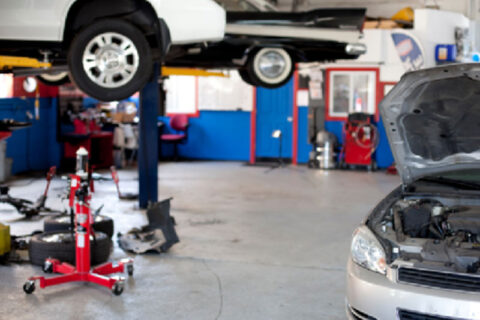Navigating the World of Octane Ratings

When it comes to automotive maintenance, every fluid you put into your car is designed to help the car perform its best. Gasoline is one such fluid, with various octane ratings that mean more than most drivers realize. Read through these common questions to find out what octane ratings mean, and what is recommended for your vehicle.
What Are Octane Ratings?
The higher an octane rating, the more that gasoline will resist spontaneously igniting when it is compressed. This is important because different engines have different compression ratios. The air and fuel inside each of the engine’s cylinders is compressed before the spark plug ignites it. High compression engines will yield better performance and higher fuel economy, but require higher-octane fuel to prevent the gasoline igniting prematurely.
Is Higher Octane Better?
It is a common misconception that higher-octane fuel is better for all engines. The octane rating only affects its resistance to igniting under pressure. The only case where higher-octane fuel is better is when a vehicle’s engine has a high compression ratio that makes it necessary or an improvement.
Which Is Best for My Vehicle?
The correct octane rating for a vehicle is found in the owner’s manual or by contacting a certified mechanic. Most modern vehicles have knock sensors that will detect premature ignition and adjust the timing to lower the compression ratio if too low a grade of gasoline is used. While these vehicles are able to use lower grades of gasoline, the proper octane fuel will improve performance and fuel economy.
Can the Wrong Rating Cause Damage?
If a lower grade of gasoline is causing knocking or pinging, it may result in serious damage to the engine if it is not attended to. Simply switching to higher octane fuel will fix the problem in most cases. However, using fuel with an octane rating that is too high will sometimes let fuel go unburned. This may damage the catalytic converter or oxygen sensor over time.
Talk to the experts at Murray’s Auto Clinic about which fuel rating is right for your vehicle. Reach us by phone at 301-585-7557.

